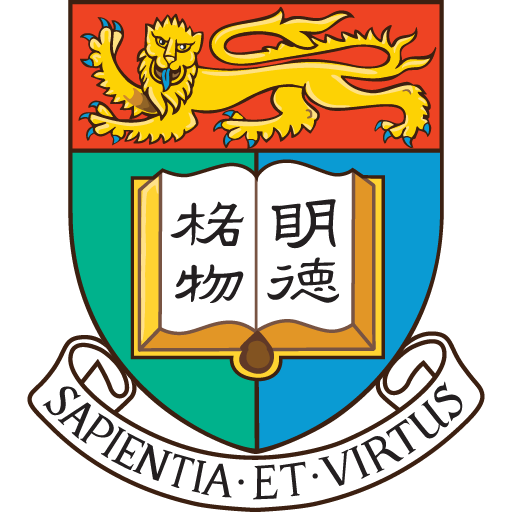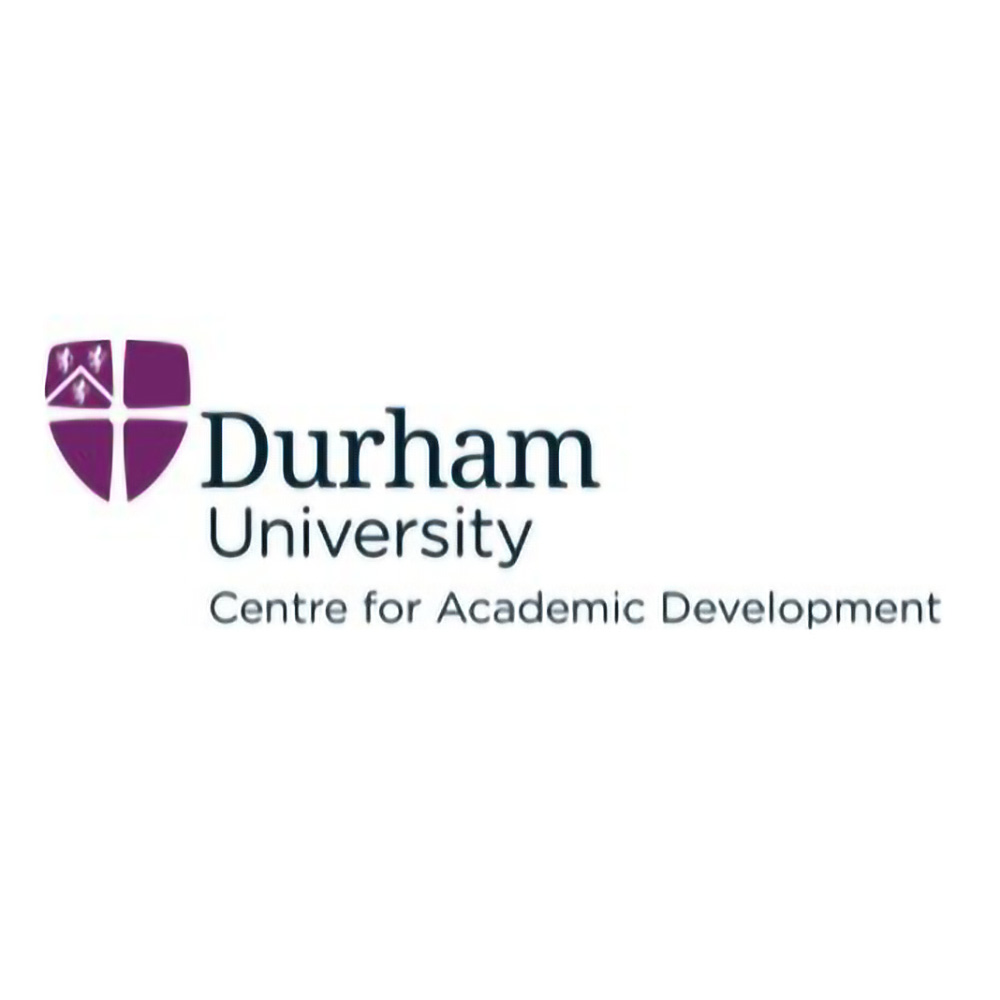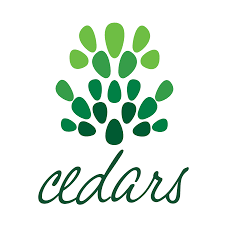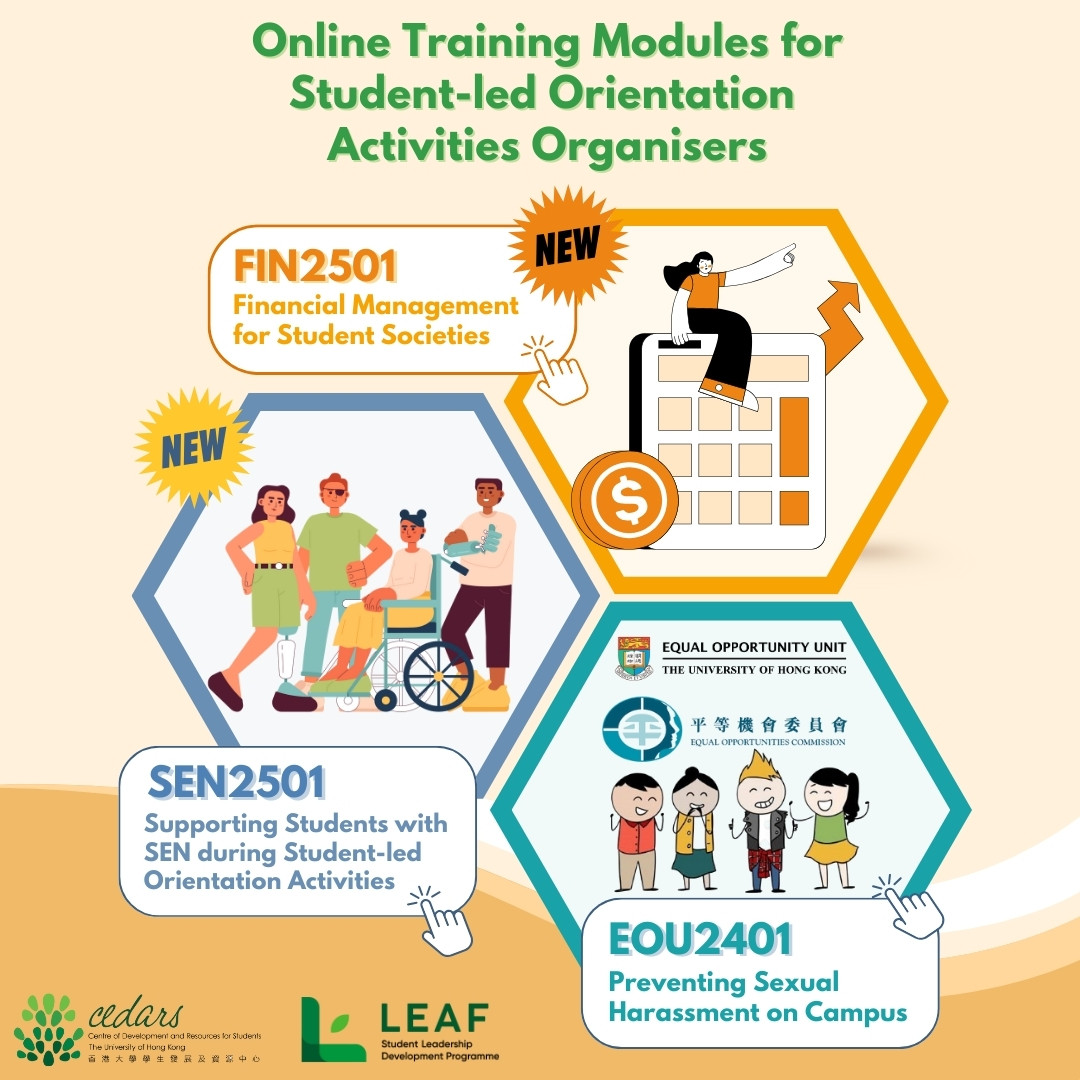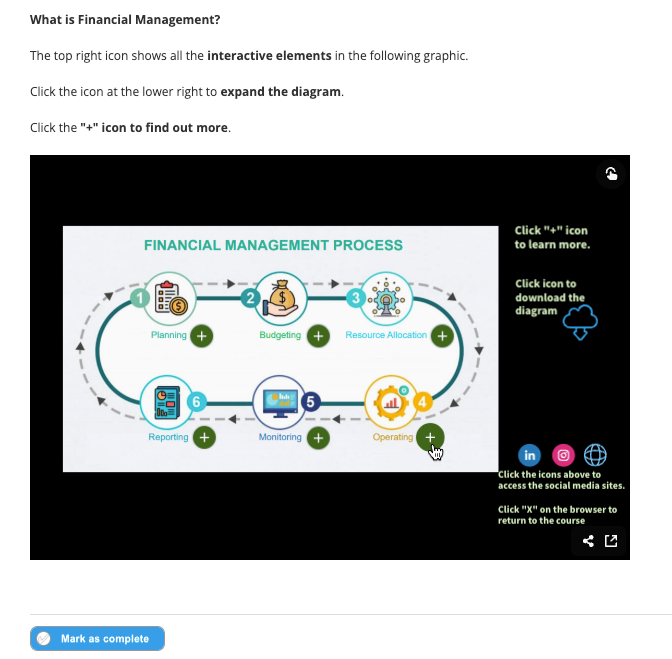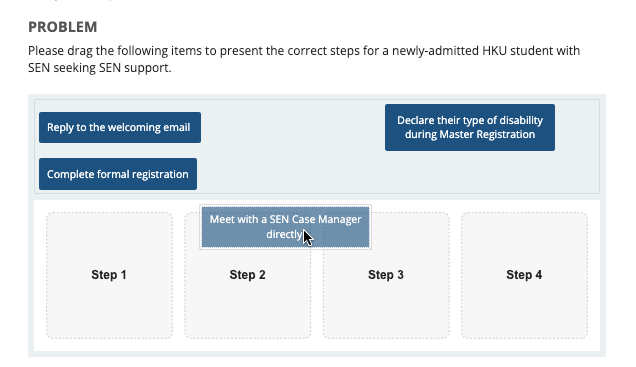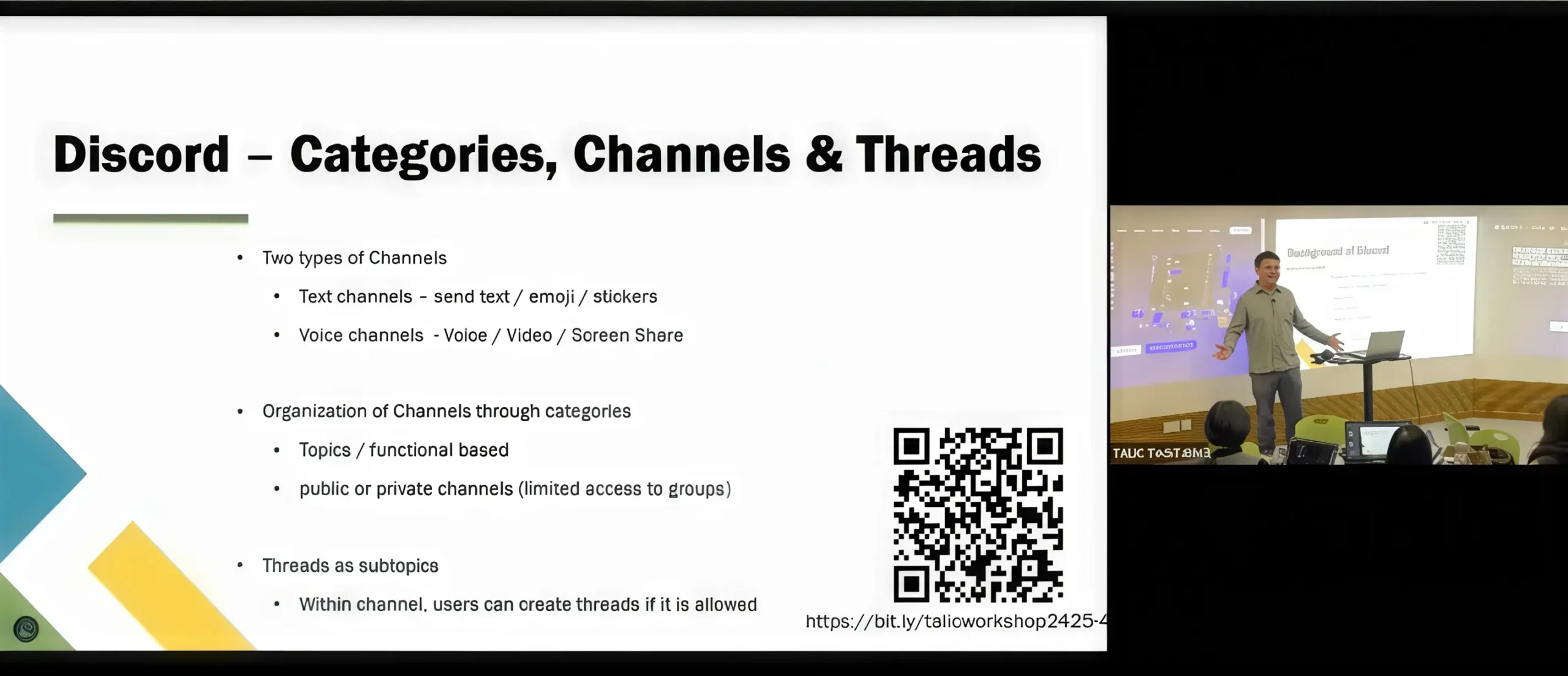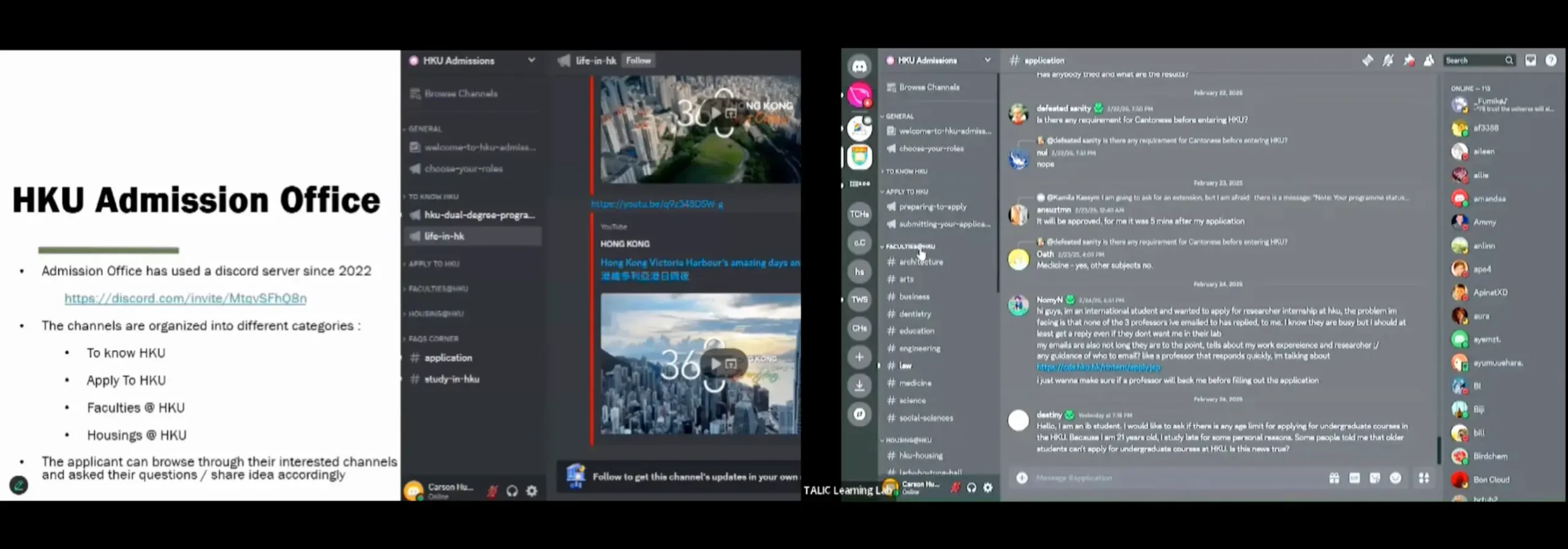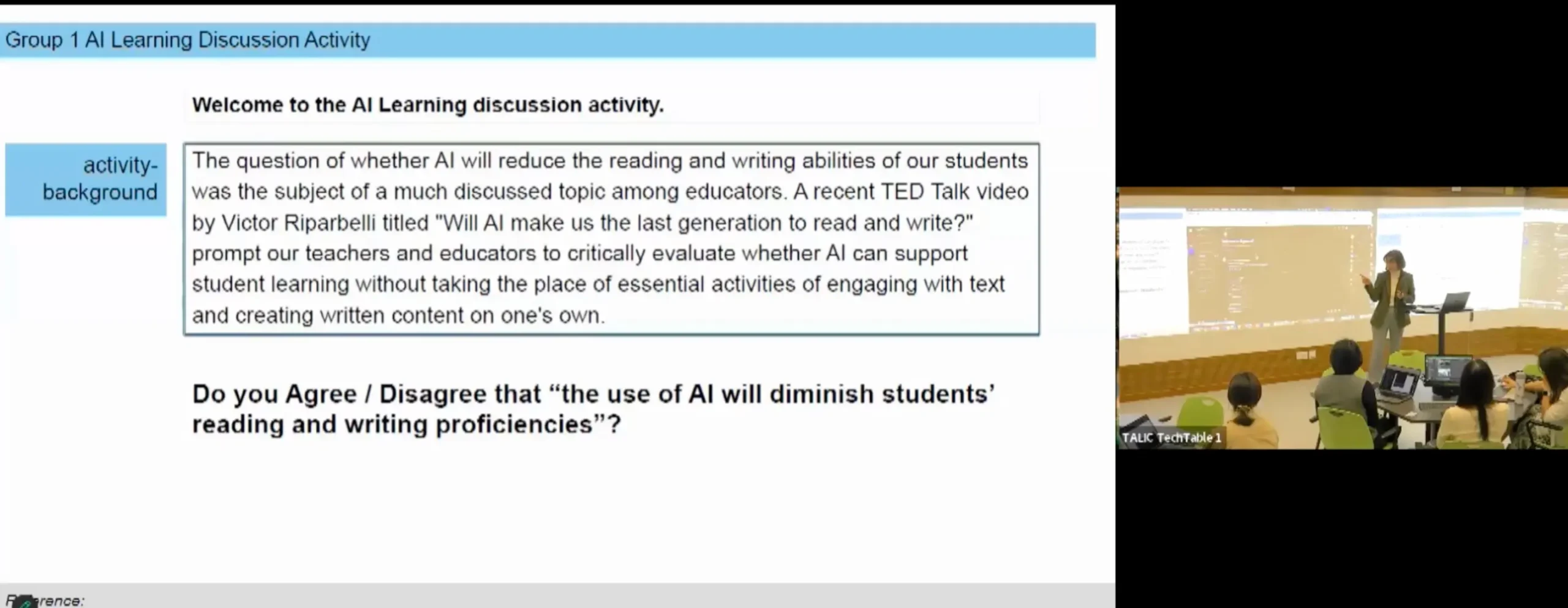This post is protected. To view it, enter the password below!
Preparing Students for Postgraduate Success
The conception of Welcome to Sociology for Postgraduate Students was driven by a key challenge identified during the programme’s development: how to ensure that students without previous degrees in sociology would be adequately prepared to succeed at the postgraduate level. Recognising the diversity of the incoming cohort, the course was designed to provide a solid foundation in sociological fundamentals within a very tight timeframe—just ten months from initial concept to launch. This initiative marks a significant step in supporting incoming students to the recently introduced Master of Social Sciences (MSocSc) Sociology programme.
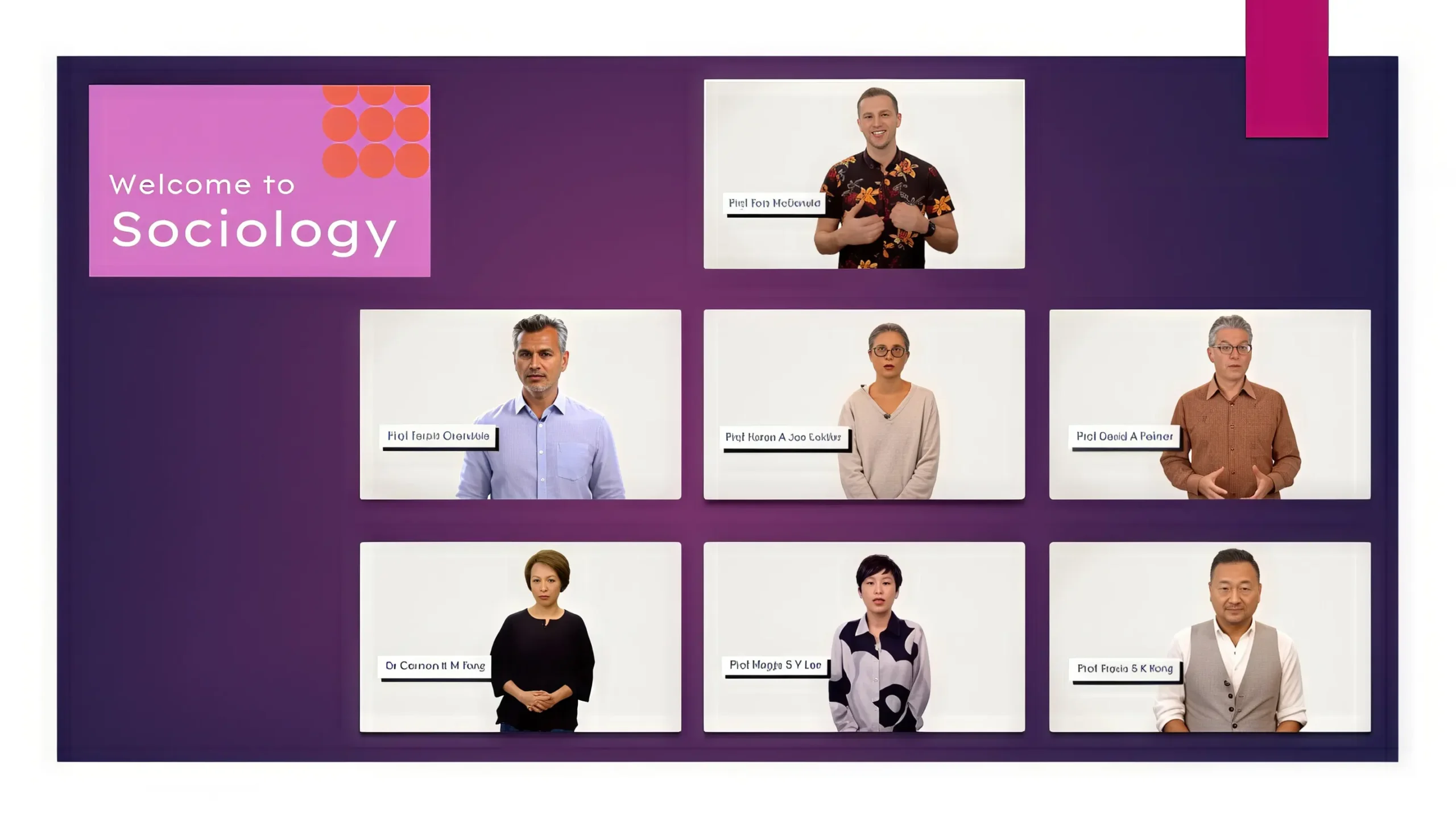
Concise and Compelling Videos Stimulate Students’ Engagement
The course design team adopted a straightforward, content-focused approach. The emphasis was on clarity and accessibility–the core of the course comprises a series of simple yet engaging videos led by esteemed faculty members from the Department of Sociology. These videos introduce essential sociological concepts and theories in a manner that is both digestible and compelling.
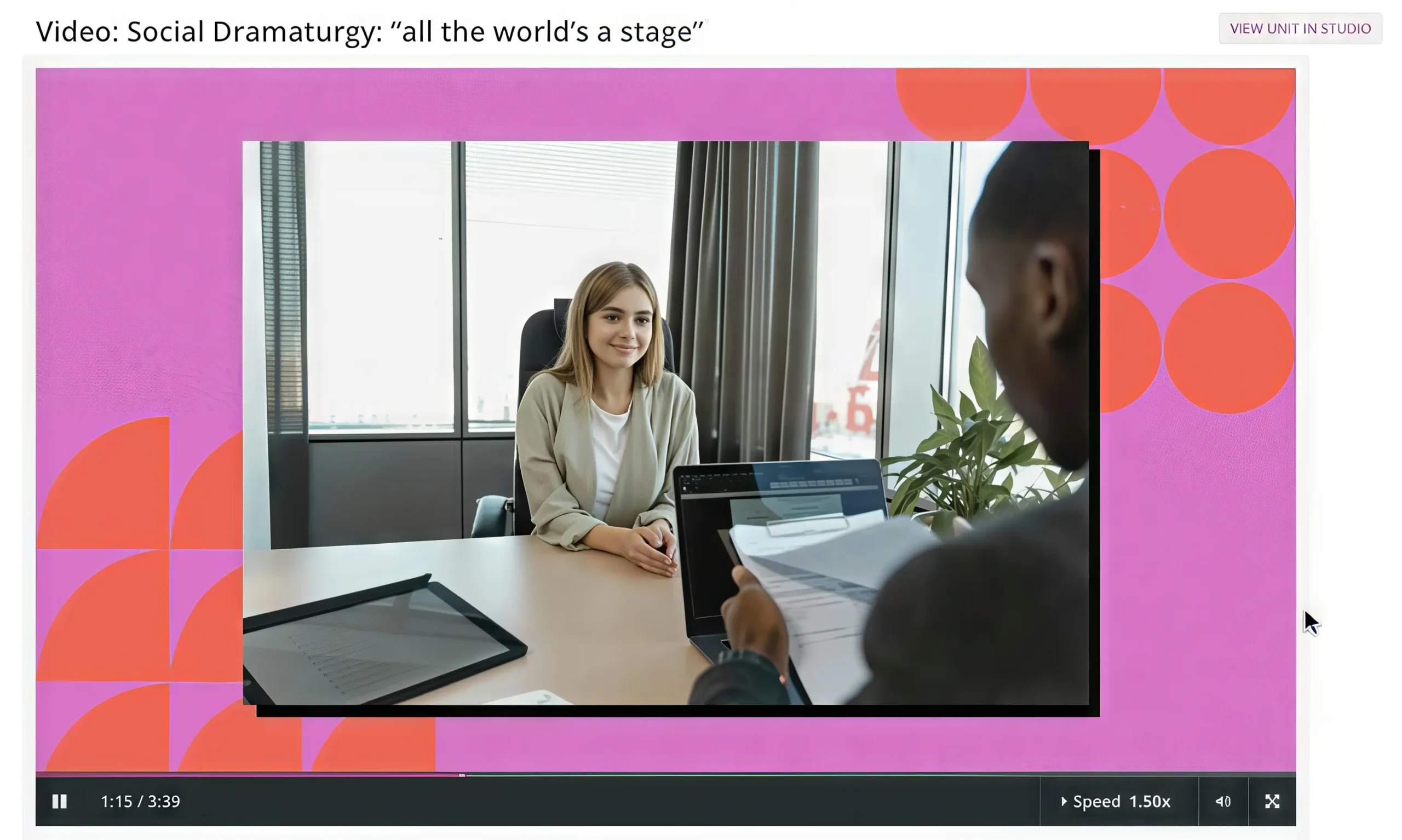
Visual Storytelling Connects Theories to Social Realities
To enhance understanding of complex ideas, the course employs thoughtfully curated overlays, including clear text and free-to-use imagery. This storytelling approach contextualises sociological theories through real-life social phenomena, making abstract concepts more relatable and easier to grasp.

By completing this course, learners will acquire the knowledge, skills, and confidence necessary to thrive in their subsequent Master’s studies. The primary learning objectives are to familiarise students with key areas of sociological inquiry, impart fundamental concepts and theories, and encourage their application to real-world social phenomena.
Multi-faceted Engagement for Diverse Students Experience
Throughout the course, learners benefit from insights provided by various faculty members within the Department of Sociology. Each section is presented by different experts, offering diverse perspectives and enriching the learning experience. This multi-faceted approach exposes students to a broad spectrum of sociological thought, inspiring critical engagement and curiosity.
In addition to didactic content, the course features a variety of interactive activities designed to deepen understanding and foster active engagement. These exercises enable learners to apply theories to practical scenarios, interact with peers, and communicate with course instructors. Such engagement ensures that students are not passive recipients but active participants in their learning journey.

The launch of Welcome to Sociology for Postgraduate Students exemplifies HKU’s commitment to innovative, inclusive, and responsive teaching. It sets a precedent for how online education can be harnessed to prepare diverse student cohorts effectively, even within tight timelines and limited resources. As the programme progresses, it is hoped that this course will serve as a model for future initiatives aimed at supporting student success through creative, accessible, and impactful online learning.
Sociology Education begins with empowering our students with innovative, inclusive and responsive pedagogies from the very start.
For Course Design and EdTech Support:


